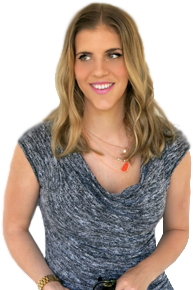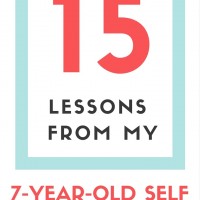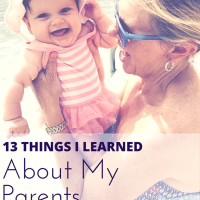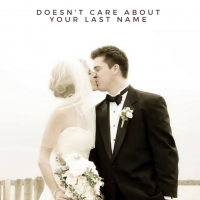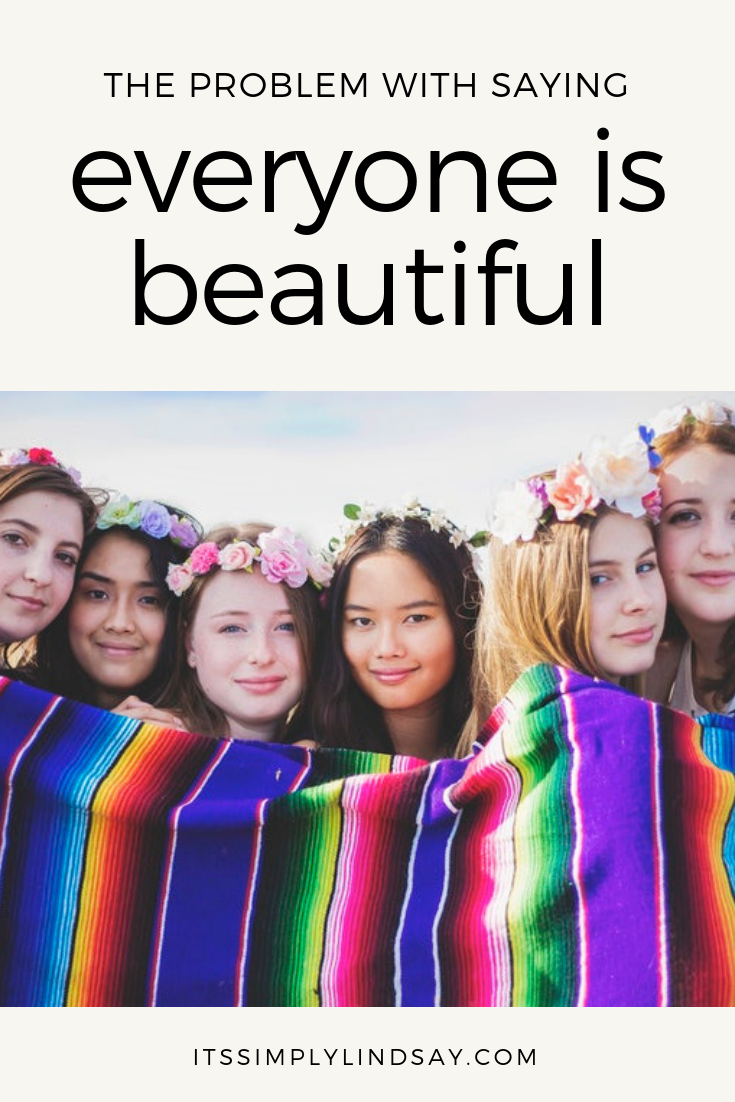
Stop calling everyone beautiful.
There, I said it. I’ll say it again because we all need to hear it again. Stop. Calling. Everyone. Beautiful.
While I find it admirable that many mainstream brands, ads, and influencers have expanded the typical media’s standard of beauty – thin, young, white girl – to include all body shapes, sizes, colors, and ages, I still have a problem with the overarching message – there is a clear problem with everyone is beautiful. Yes, women of all kinds are beautiful, but so what? Why do women have to be minimized or validated by the qualification of being beautiful?
This stamp of approval on our physical appearance is meant to empower women for their individuality, but it’s actually just objectifying us more.
I realize many of these campaigns are just trying to reverse the horrifying, unrealistic depiction of what it means to be a beautiful woman, which is a real problem in our society, with issues such as depression and eating disorders starting as early as 10-years-old, but instead of asserting that now ALL women can be EQUALLY objectified, we should change the message of these campaigns.
Related post: Why beautiful is not a compliment (and what to say instead)
The problem with ‘everyone is beautiful’
The problem with this message
While on the surface it may feel good to hear or see an ad boasting that all women, even women that look like YOU, are beautiful, the actual message says that women are reduced to their physical appearance in order to pass some test.
I’ve been catching myself lately, noticing how often I tell my own girls or other little girls something about their looks.
I love your pretty dress! You look so pretty today! Oooh, beautiful nail polish.
And then I’ve been thinking of things I’ve heard people say to girls my whole life:
You’re beautiful just the way you are. You’re gorgeous inside and out. You have beauty and brains. Plus-sized women are sexy, too. Happy girls are the prettiest!
Now, how often do you hear these things about boys or men?
You’re handsome just the way you are. You’re sexy inside and out. You’re handsome and have brains. Plus-sized men are sexy, too. Happy boys are the cutest!
It sounds kind of ridiculous when you put it that way, doesn’t it? While we may enjoy letting our loved ones know that we find them attractive, we don’t have to constantly tell men they’re attractive because…why would we? What’s the point? There’s so much more to men than that.
And women.
Yes, men also get objectified. Yes, women like to hear they’re beautiful, but why is that? Because we have such a disgusting focus on aesthetics for women. But we are more than that! We’re not constantly reassuring men and young boys of their attractiveness because as a whole, their self-worth isn’t tied to it. We value men for being smart, strong, brave, and successful over looking hot.
This ties into a larger problem, one of harassment, sexual abuse, and violence against women. Since women are so often reduced to their bodies, men can have an easier time objectifying them, at best, and seriously violating them at worse. And the more I read and learn about other countries, the more horrified I am to realize that women aren’t just viewed as objects, but are actually treated as objects – as dogs – no, as worse than animals. As completely disposable things with no rights, no values, no purpose except to serve a man’s purpose.
On a lighter note, I was thinking about this the other day when I was trying to conceal my uneven skin, even warning my friend about how I looked before seeing her. And then I stopped – yes, I feel more confident around others when I look my best, but does my face or body make me a good friend? Does having a spot on my face make me a lesser employee, wife, or mom? What a ridiculous thought, right?
Lasting thoughts
While it’s legitimate to want to expand our narrow notion of beauty and it’s admirable to show all kinds of “real” women and celebrating their beauty, why not counteract society and the media’s fixation in the first place by celebrating people’s actual accolades and strengths? Instead of being inclusive to who is beautiful and propagating that destructive mindset, let’s take the focus away from superficialness.
Check out why beautiful is not a compliment (and what to say instead), and let me know the best compliment you’ve received or given.






